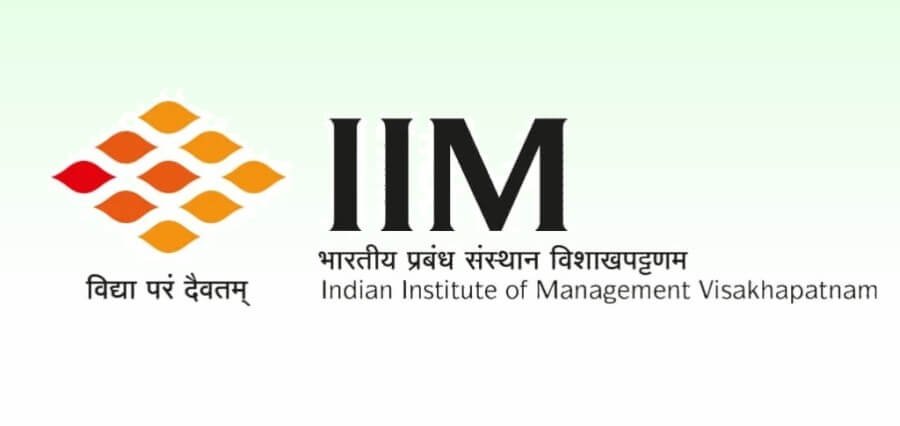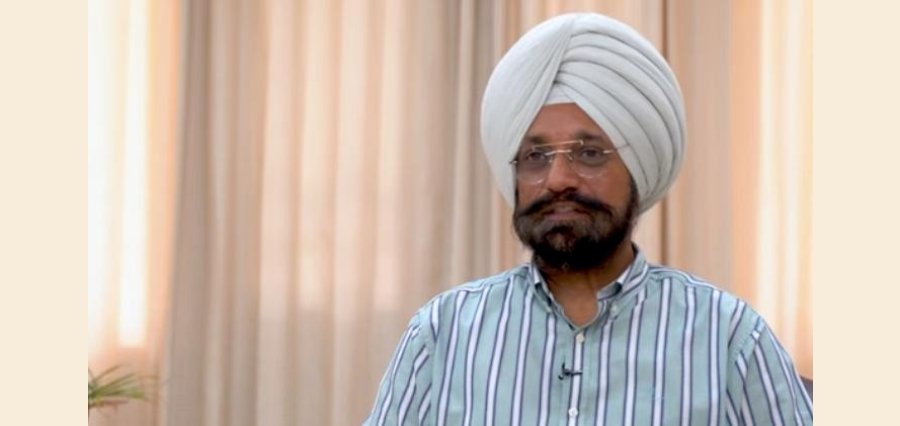Leaders in applied physics and optical communication are pivoting in reforming education through visionary thinking, strategic approaches, and innovative solutions. By combining profound scientific understanding with practical applications, these individuals are revolutionising learning experiences, addressing global challenges and bridging educational gaps.
These leaders utilise optical communication technologies—such as fiber optics and satellite systems—to enhance distance learning and improve efficiency, security and accessibility, particularly in remote areas. Their efforts are focused on advancing high-speed, reliable networks, effectively reducing the digital divide and ensuring access to quality education on a global scale.
With a focus on advancing science and learning, Prof. Ravindra Kumar Sinha, Vice Chancellor of Gautam Buddha University, oversees reshaping education in multiple fields, creating solutions that inspire the next generation of innovators. Prof. Ravindra and his team are pioneering the development of advanced educational tools like Augmented Reality (AR) and Virtual Reality (VR), which are transforming the way complex scientific concepts are taught. These innovations offer immersive, hands-on experiences that make subjects like physics and engineering more engaging and interactive.
He manages complex challenges, such as shifting policies and funding constraints, with a resilient mindset focused on problem-solving and adaptability. He promotes innovation by advancing curriculum development, promoting research and integrating technology to enhance teaching and learning outcomes. He is dedicated to implementing student-centric strategies, prioritising global partnerships and advocating for sustainability and inclusivity on campus.
Key qualities of Prof. Ravindra include visionary leadership, strong communication skills, empathy, integrity, and a deep commitment to diversity and collaboration. He demonstrates decisiveness and accountability in his leadership, ensuring the institution thrives even amidst challenges. By driving innovation and promoting inclusivity, he contributes significantly to the university’s growth and the broader education sector, creating an environment that nurtures student success, faculty development and societal progress.
Exploring the Impact of Fiber Optics on Communication
With a distinguished academic and research career spanning several decades, Prof. Ravindra has made significant contributions to fiber optics, optical communication technology and photonics. His expertise has established him as one of the leading authorities in these areas, earning him recognition as a pioneer in advancing the science and applications of optical communication.
Excelling in Optical Communication Technology
Prof. Ravindra received his M.Sc. in Physics from the prestigious Indian Institute of Technology (IIT) Kharagpur in 1984. He then pursued a Ph.D. in Fiber Optics and Optical Communication Technology at IIT Delhi, completing it in 1990. His academic journey took him to several renowned institutions, including the Indian Institute of Science (IISc), Bangalore, in 1991, and the Birla Institute of Technology and Science (BITS) Pilani, where he served from 1992 to 1994.
He further contributed to academia as a faculty member at REC Hamirpur (now NIT Hamirpur) from 1994 to 1998. He later joined the Delhi College of Engineering (DCE), which subsequently became Delhi Technological University (DTU).
In 2002, he was appointed as a professor of Applied Physics at DTU. In this role, he also served as the Chief Coordinator of the TIFAC-Center of Relevance and Excellence in Fiber Optics and Optical Communications, which was part of the Government of India’s Mission REACH Program under the Technology Vision 2020 initiative.
Establishing Effective MoUs in Academia
Prof. Ravindra has held several prominent leadership positions throughout his career, including serving as the Director of CSIR–Central Scientific Instruments Organization (CSIO) in Chandigarh and taking on additional charge as Director of both CSIR-CEERI Pilani and CSIR-IMTECH Chandigarh.
He also held key academic roles as the Dean (Academic), Dean (Industrial Research and Development), and Head of the Department of Applied Physics at Delhi College of Engineering (DCE), which later became Delhi Technological University (DTU). Throughout his distinguished career, he has made substantial contributions to academic administration and research, mentoring over 21 Ph.D. scholars and overseeing 22 government and privately funded R&D projects.
As a recognised leader in fiber optics, he has supervised a range of innovative projects and played a key role in the commercialization of 39 technologies. Furthermore, Prof. Ravindra has signed more than 50 Memorandums of Understanding (MoUs) during his tenure as Director of CSIR-CSIO and as Vice Chancellor of Gautam Buddha University.
Securing Patents for Research Innovations
Prof. Ravindra’s research output is highly prolific, with a total of 402 publications to his name, including 190 journal papers and 212 conference proceedings. He has also co-authored 16 book chapters and books and holds six patents. His research primarily focuses on fiber optics, photonics and nano-photonic devices, particularly for telecommunications and sensing applications.
His contributions to the field have earned him several prestigious fellowships, including the Fulbright-Nehru Fellowship in 2013, during which he studied the higher education systems in the USA. He has received the National Science Council Taiwan Fellowship (2009), the Indo-Swiss Bilateral Research Fellowship (2009), the Royal Academy of Engineering Fellowship (UK) (2008), and the Japan Society for Promotion of Science Fellowship (2007).
In recognition of his outstanding contributions to optoelectronics and photonics, Prof. Ravindra is a Fellow of several esteemed professional organisations, including SPIE (USA), IETE (India), and the Optical Society of India. He is also a member of IEEE and the Photonics Society of IEEE.
The Role of Awards in Advancing Research Fields
Prof. Ravindra’s work has been widely recognised through numerous prestigious awards and honours. These include the Research Excellence Award at Delhi Technological University (DTU) for 2020-2023, the Gold-Skoch Award for Defense Technology in 2020, and the CSIR Technology Award in 2018.
He was also honoured with the IETE Biman-Behari Sen Memorial Award in 2012 for his research in telecom-grade optical fibers and optoelectronic devices, the Emerging Optoelectronics Technology Award from CEOT-IETE in 2006 for his work in nano-photonics, and the S. K. Mitra Memorial Award in 2002 for the best research paper on nanostructure electron waveguides and devices.
His co-authored papers have earned several best research paper awards for his students, including the Swarna Jayanti Puraskar (Gold Medal) and the Reliance Technology Awards in 2010. He is also recognised as one of the top 2% of influential scientists globally in optoelectronics and photonics, a distinction based on data compiled by Stanford University and Elsevier.
Promoting Student-led Research Effectively
Prof. Ravindra’s commitment to advancing science and technology, particularly in the fields of fiber optics and photonics, is further demonstrated by his dedication to promoting innovation and student-led research. He has played a key role in establishing a Knowledge and Innovation Park at Delhi Technological University (DTU) and Gautam Buddha University (GBU), focusing on product development.
As a mentor, researcher and visionary leader, he continues to shape the future of higher education and scientific research. His contributions have played a significant role in India’s progress in technology development and innovation, helping to pave the way for new advancements in the field.





